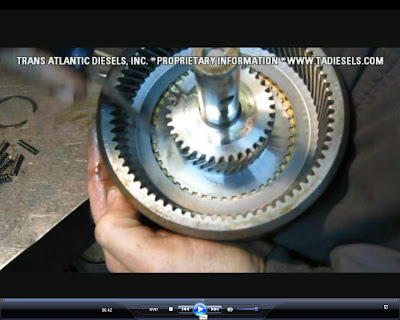Anima III, Real Time II, ING, Miss Tippy, Margarita, Imagine, Skedaddle II, Journey, Talismane, Jacabel, Estrellita, BeBe, Miss Jody, Passage, Enchantress, Jackamy, Chalolina, Aspen, Lucy Alice, Saildance II, Fai Tira, Sur, Alexander, Mantra Asia.
These are the other sailboats that will be transiting the western Indian Ocean, Gulf of Aden, and Red Sea this season. We count many of them as very good friends. Some we met here in Sri Lanka, others in Malaysia, Indonesia, Vanuatu, Tonga, and even Panama. Everyone has been travelling on a similar route, and it is always a pleasure to pull into a port, find old friends, and share stories.
This community of cruisers has helped each other through mechanical, routing, and culinary problems throughout their journey. A circumnavigation tends to self-select sailors that are strong-willed, brave, intelligent, and friendly. Through the course of unexpected challenges, these positive traits are refined. Here in the Indian Ocean, after sailing through most of the world, these sailors are at their very best.
As we on the WTP have decided to discontinue our journey by sailboat, there's one thing that weighs heaviest on my mind. It's not that we won't be pulling into Hampton, Virginia in June and proving to myself that the world is indeed round. It's not that we won't see Egypt, the Suez Canal, or the Mediterranean by sailboat. It's not even knowing that my days aboard the WTP are numbered.
What I'm saddest about, is leaving this strong community of sailors. As they untie their lines next week and sail for their next port, I will no longer be counted among them. I'm also worried for their safety.
We've decided not to face the chance of a hijacking in the Indian Ocean. If we left here today, we would enter pirate waters in four days, and then face a serious threat to our lives and livelihoods daily until we passed Saleef in the Red Sea, nearly a month from now. That's something we don't want to deal with.
Every other sailboat in the harbor is aware of the piracy threat. Most are nervous, some are resigned, and a few are naive. We can't make decisions for them. However, as they sail forward I sincerely wish the very best for them. One month from now, I would be happiest if every sailboat made it through without any threat, thus proving our fears unfounded. I don't want to feel justified in our decision to stop by hearing that another sailboat had been captured.
On Sunday, due to visa restrictions, Matt and Amanda are flying to Istanbul. I will remain behind in Galle until the transmission is fixed and the boat is ready for its return to Malaysia. Our last holdover is an envelope of transmission parts currently being held by Sri Lanka Customs in Colombo. When everything here is finished, I will shoulder my pack, hop on a plane, and rejoin the crew in Europe.
I might be saying farewell, but it's not the end. Onwards.
Read more »
 When going off on some grand adventure, there are always some expectations. Before this voyage, I expected beautiful islands, stunning sunsets, lots of water, interesting food, and great memories. The trip lived up to those expectations and more; but looking back - I learned some unexpected things as well:
When going off on some grand adventure, there are always some expectations. Before this voyage, I expected beautiful islands, stunning sunsets, lots of water, interesting food, and great memories. The trip lived up to those expectations and more; but looking back - I learned some unexpected things as well:




